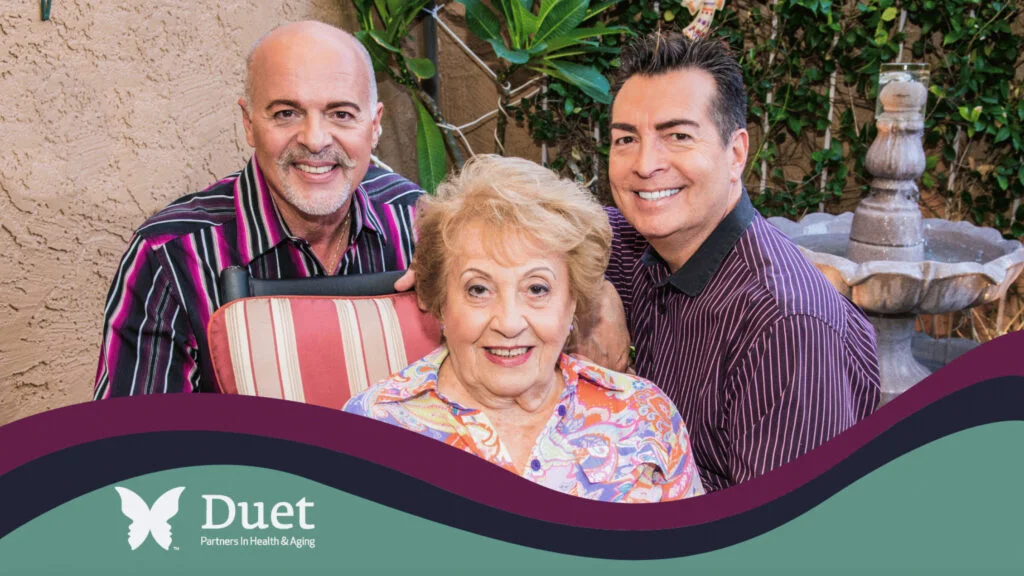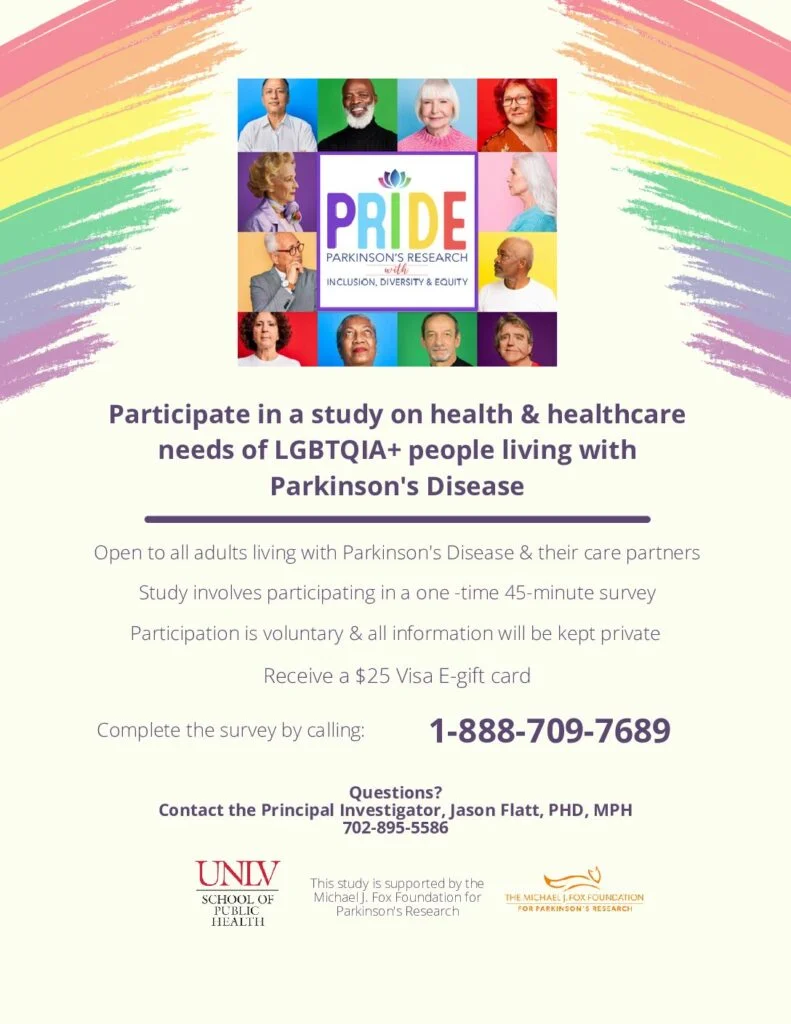New LGBTQ Caregiver Support Group
We are excited to share that we have teamed up with Duet Partners in Health and Aging to sponsor a new Virtual LGBTQ Family Caregiver Support Group! The support group will take place the 1st and 3rd Saturdays of the month from 10am to 11:30am.

Introduction
Caring for a loved one can be a challenging experience, but it can be even more difficult when your loved one is part of the LGBTQ community. LGBTQ caregivers face unique challenges and experiences that can be difficult to navigate alone. That’s why a new virtual LGBTQ caregiver support group has been created to provide a safe and inclusive space for caregivers to connect with others who understand their experiences and offer support and guidance.
What is a Virtual LGBTQ Caregiver Support Group?
A virtual LGBTQ caregiver support group is a space where LGBTQ caregivers can come together to share their experiences, ask for advice, and find support from others who understand what they’re going through. The support group is conducted entirely online, through a video conferencing platform, which makes it accessible to caregivers regardless of their location or schedule.
The support group provides a safe and welcoming space for LGBTQ caregivers to discuss their experiences and connect with others who are going through similar challenges. Participants are encouraged to share their stories, ask questions, and offer support to others in the group. The support group is facilitated by a trained professional who ensures that the discussions remain respectful and supportive.
Why is a LGBTQ Caregiver Support Group Needed?
Caring for an LGBTQ loved one can be a complex and challenging experience. LGBTQ caregivers often face unique challenges that can be difficult to navigate alone. These challenges can include dealing with societal stigma and discrimination, accessing appropriate healthcare services, and supporting their loved one’s gender and sexual identity.
In addition, LGBTQ caregivers may face challenges related to their own identity and experiences. For example, they may feel isolated or unsupported because of their sexual orientation or gender identity. They may also struggle to balance their caregiving responsibilities with their own personal and professional lives.
A virtual LGBTQ caregiver support group is needed to provide a safe and supportive space where caregivers can connect with others who understand their experiences and offer support and guidance. The support group can help caregivers feel less alone, build a sense of community and belonging, and provide valuable resources and information on how to navigate the challenges of caring for an LGBTQ loved one.
Benefits of a Virtual LGBTQ Caregiver Support Group
There are many benefits to participating in a virtual LGBTQ caregiver support group. These benefits include:
-
A Safe and Supportive Space: The support group provides a safe and inclusive space where caregivers can share their experiences and find support from others who understand what they’re going through.
-
Connection and Community: The support group helps caregivers connect with others who are going through similar experiences and build a sense of community and belonging.
-
Information and Resources: The support group provides caregivers with valuable information and resources on how to navigate the challenges of caring for an LGBTQ loved one.
-
Emotional Support: The support group provides emotional support to caregivers, who may be struggling with feelings of isolation, stress, or burnout.
-
Professional Facilitation: The support group is facilitated by a trained professional who ensures that the discussions remain respectful and supportive.
-
Accessibility: The support group is conducted entirely online, which makes it accessible to caregivers regardless of their location or schedule.
How to Join the Virtual LGBTQ Caregiver Support Group
If you’re interested in joining this virtual LGBTQ Caregiver Support group, email us at lgbtqcaregivers@gmail.com and we will provide you with the Zoom information!
New LGBTQ Caregiver Support Group Read More »



